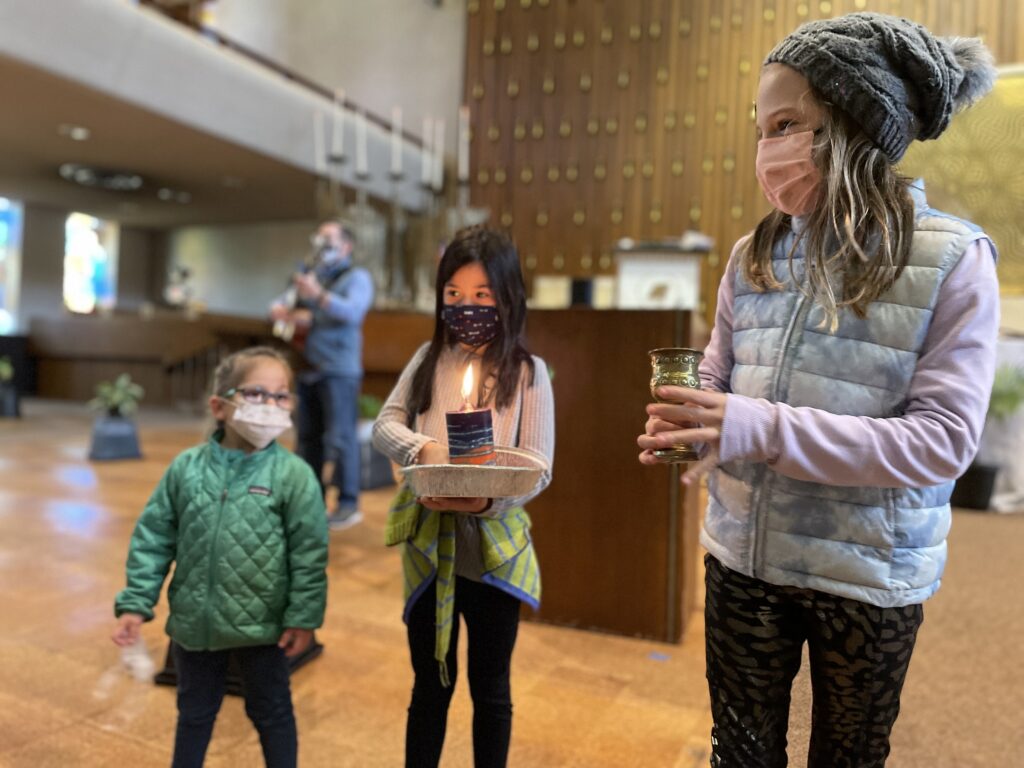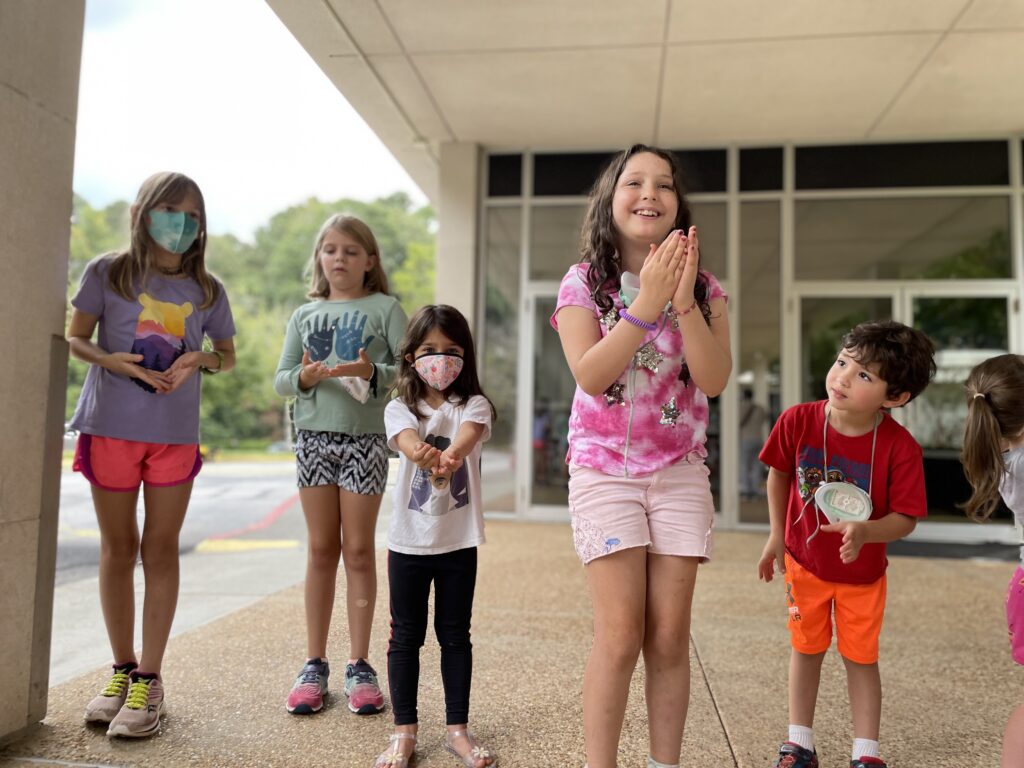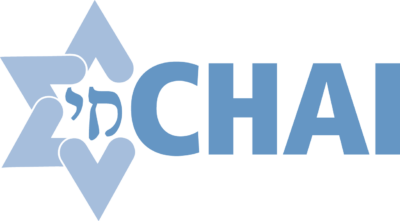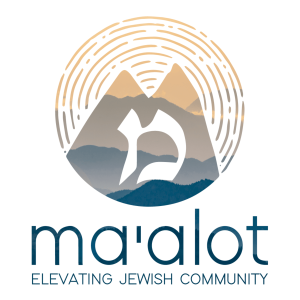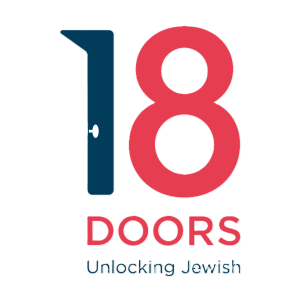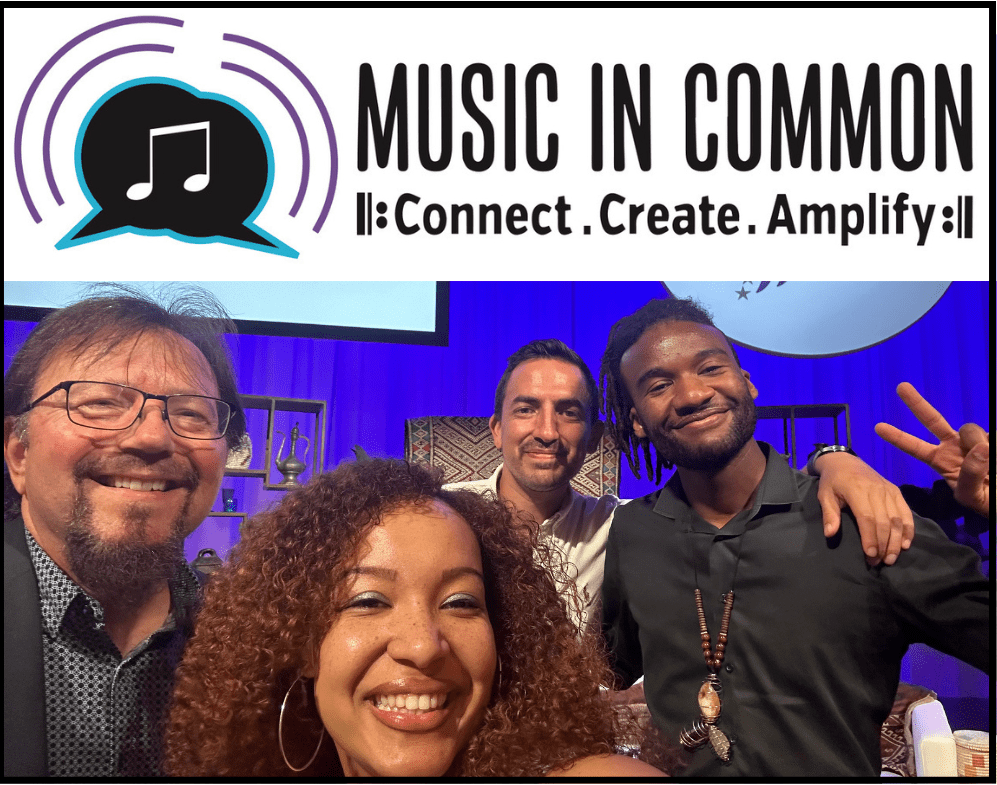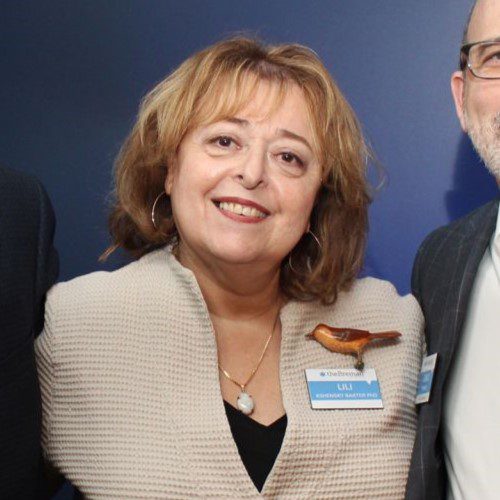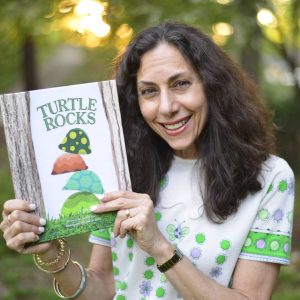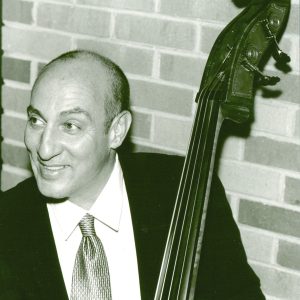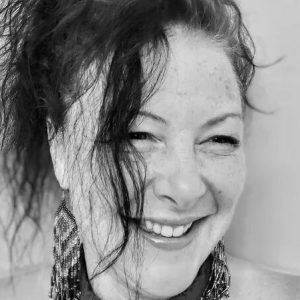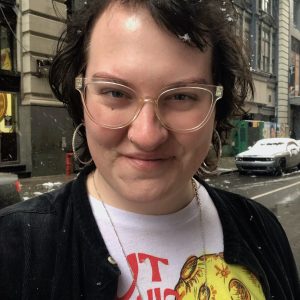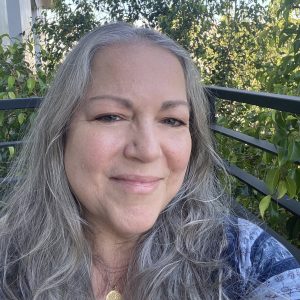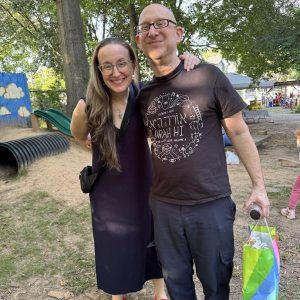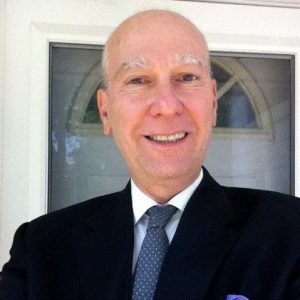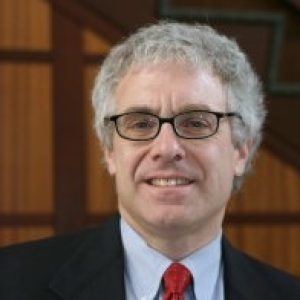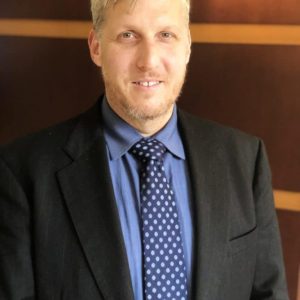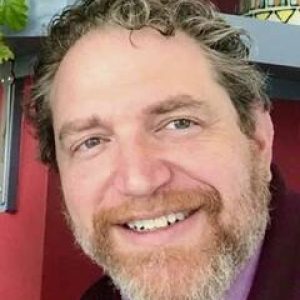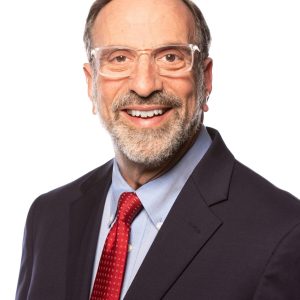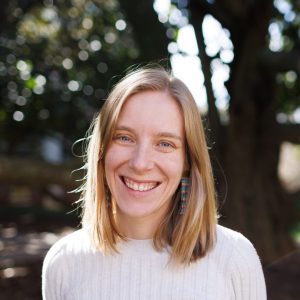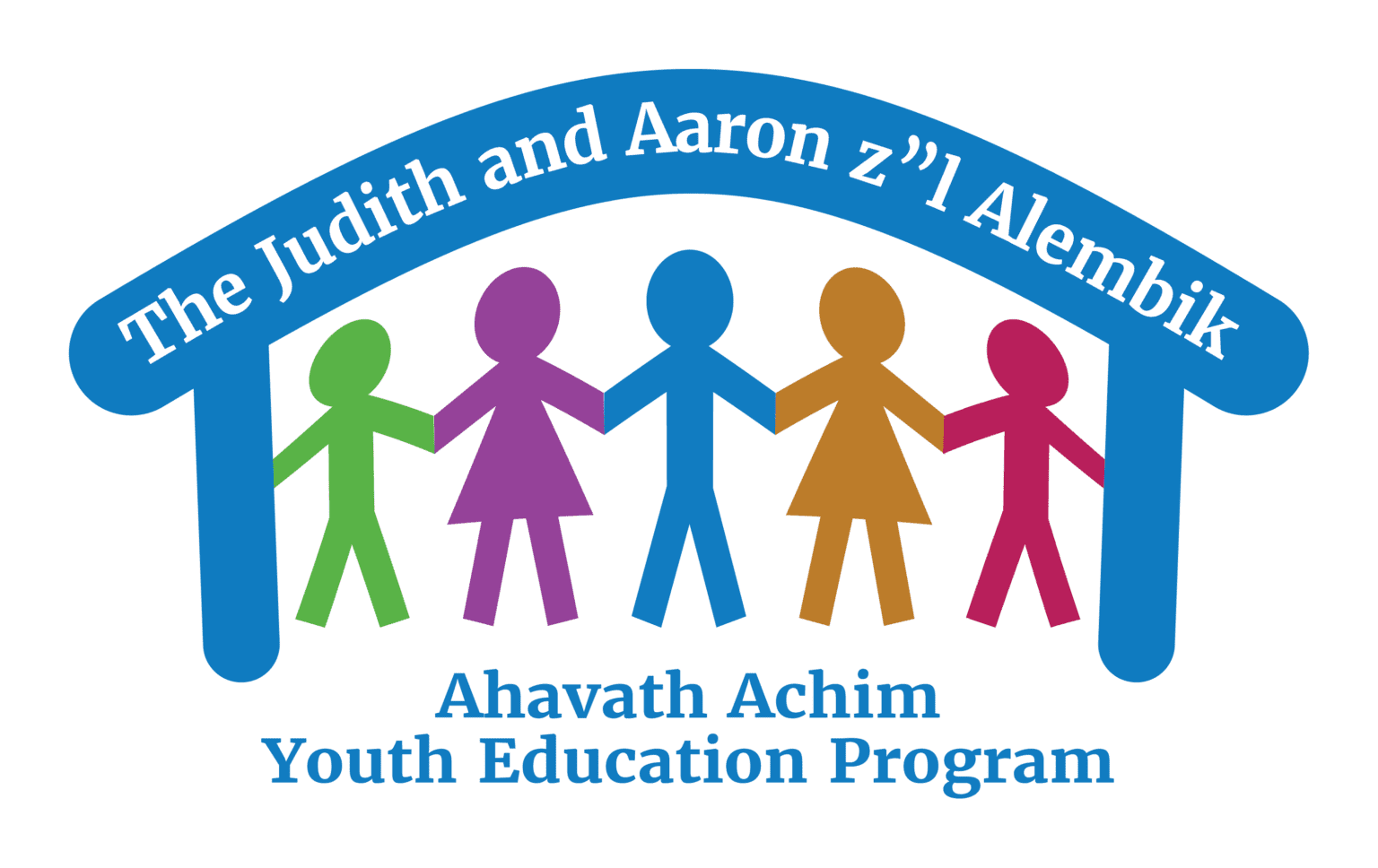
Kesher is Hebrew for "connection," and connection is at the center of everything we do. Kesher is Ahavath Achim Synagogue's supplementary Jewish education program for children Pre-K through 6th grade.
The Kesher program meshes Jewish holidays and values and children's interests into a child-centered, project-based curriculum. We believe in teaching children to view relationships and interactions with others and the environment through the lens of ten Jewish values (listed below). We create confident and curious Jewish learners in a safe space where they can take risks, question, play, learn, explore, engage, create, make meaning, and love. We foster the child's sense of Jewish self-discovery by providing a nurturing environment where each person can explore and create their own identity.
The mission of Kesher is to:
- Teach each student to be confident and comfortable in Jewish spaces (Shabbat, synagogue, celebrating holidays, and understanding rituals)
- Instill each student with Jewish values for his/her own personal growth and identity
- Help each student find where he/she fits in to become responsible Jews and stewards of their communities and the world
- Provide each student space to explore what being Jewish means to him/her
- Help each student find joy in being Jewish
- Teach each student to question, problem-solve, and build a just world through hands-on experiences
G'milut Chasadim
Loving kindness is the root of being able to understand others so that we may be able to give and receive through Chesed.
Bitachon
Our safety/trust is the foundation upon which we create community and allow children to try, sometimes failing, and grow.
Areivut:
Responsibility is knowing it is our duty in making our world a better place by taking pride and ownership in our decisions and our actions.
Tikkun
Repair is the ability to self-reflect and make different choices in the future to make the world a better place.
Kavannah
Intention is the way in which we approach the world, with great purpose and thought, and the ability to make meaning and find connections.
Ma'aseh
Understanding that each action we take affects more than just ourselves
Tzedek
Building a just world and helping us define our relationships
Avodah
To engage in the act of service to better our community and our world
Sh'mirah
Preservation of our world and the resources with which we are blessed
Kavod
Human dignity/respect of our community and world we live in by believing that all human-beings are created in the divine image, and so have equal worth
Kesher students meet in person from 9:30 a.m.–12:30 p.m. on Sunday mornings. Students in 2nd–6th grade also meet remotely each week for small-group, focused Hebrew tutoring. Families join for an enriched Shabbat experience each month.
What a typical Sunday morning looks like:
- 9:25-9:35 a.m.: Drop-Off
- 9:35–9:45 a.m.: Kehilla (Community Circle)
- 9:45–11:15 a.m.: Class, Hebrew, and Snack
- 11:15–11:40 a.m.: Tefillah (Prayer)
- 11:40–12:25 p.m.: Chug (Elective)
- 12:25-12:35 p.m.: Dismissal
Registration
- Member
- PreK-K: FREE
- 1st Grade: $1050
- 2nd–6th Grade: $1490
- Non-Member
- PreK-K: FREE
- 1st Grade: $1450
- 2nd–6th Grade: $1890
Sibling Discounts:
- Enrolling two children: -$50
- Enrolling three children: -$150
- Enrolling four children: Fourth child free
If child(ren) enter(s) program after it begins, cost will be prorated.
- Classes have 3–5 students
- Up to twenty-eight 45-minute online classes
- Flexibility and accessibility for families: Monday, Tuesday, or Wednesday at 4:30 p.m., 5:30 p.m., or 6:30 p.m.
AHC is included in tuition for students enrolled in Kesher for grades 2–6. Additional information, including choosing your schedule, will be shared closer to the start of the school year.
The mission of Kesher is to:
- Teach each student to be confident and comfortable in Jewish spaces (Shabbat, synagogue, celebrating holidays, and understanding rituals)
- Instill each student with Jewish values for his/her own personal growth and identity
- Help each student find where he/she fits in to become responsible Jews and stewards of their communities and the world
- Provide each student space to explore what being Jewish means to him/her
- Help each student find joy in being Jewish
- Teach each student to question, problem-solve, and build a just world through hands-on experiences
G'milut Chasadim
Loving kindness is the root of being able to understand others so that we may be able to give and receive through Chesed.
Bitachon
Our safety/trust is the foundation upon which we create community and allow children to try, sometimes failing, and grow.
Areivut:
Responsibility is knowing it is our duty in making our world a better place by taking pride and ownership in our decisions and our actions.
Tikkun
Repair is the ability to self-reflect and make different choices in the future to make the world a better place.
Kavannah
Intention is the way in which we approach the world, with great purpose and thought, and the ability to make meaning and find connections.
Ma'aseh
Understanding that each action we take affects more than just ourselves
Tzedek
Building a just world and helping us define our relationships
Avodah
To engage in the act of service to better our community and our world
Sh'mirah
Preservation of our world and the resources with which we are blessed
Kavod
Human dignity/respect of our community and world we live in by believing that all human-beings are created in the divine image, and so have equal worth
Kesher students meet in person from 9:30 a.m.–12:30 p.m. on Sunday mornings. Students in 2nd–6th grade also meet remotely each week for small-group, focused Hebrew tutoring. Families join for an enriched Shabbat experience each month.
What a typical Sunday morning looks like:
- 9:30 a.m.: Drop-Off
- 9:30–9:43 a.m.: Havdallah
- 10:15–11:00 a.m.: Circle Time/Class Activity/Lesson
- 11:00–11:15 a.m.: Hafsuka Snack/Break
- 11:20–12:00 p.m..: Chug (Elective)
- 12:05–12:30 p.m.: Tefillah (Prayer)
- 12:30 p.m.: Dismissal
- Classes have 3–5 students
- Up to twenty-eight 45-minute online classes
- Flexibility and accessibility for families: Monday, Tuesday, or Wednesday at 4:30 p.m., 5:30 p.m., or 6:30 p.m.
AHC is included in tuition for students enrolled in Kesher for grades 2–6. Additional information, including choosing your schedule, will be shared closer to the start of the school year.
Early Registration
Until Sunday, May 4
- Member:
- Pre-K–1st Grade: $850
- 2nd–6th Grade: $1290
- Non-Member:
- Pre-K–1st Grade: $1250
- 2nd–6th Grade: $1690
Regular Registration
Monday, May 5–Monday, June 30
- Member
- Pre-K–1st Grade: $950
- 2nd–6th Grade: $1390
- Non-Member:
- Pre-K–1st Grade: $1350
- 2nd–6th Grade: $1790
Late Registration
Tuesday, July 1–Saturday, August 16
- Member
- Pre-K–1st Grade: $1050
- 2nd–6th Grade: $1490
- Non-Member
- Pre-K–1st Grade: $1450
- 2nd–6th Grade: $1890
Sibling Discounts:
- Enrolling two children: -$50
- Enrolling three children: -$150
- Enrolling four children: free tuition for fourth child
If child(ren) enter(s) program after it begins, cost will be prorated.
Nesiah, Hebrew for "journey," is Ahavath Achim Synagogue's on-the-move program for 7th through 9th-grade students. Nesiah runs on a triennial curriculum, each year exploring a defining era in Jewish history and culminating with a memorable trip. The curriculum is uniquely designed to the needs of day school students and public-school students alike. As students gain a greater understanding of our shared Jewish history, they also learn more about their own identities and their families' stories.
Nesiah students meets in person from 9:30 a.m.–12:30 p.m.
Registration
- Member: $1550
- Non-Member: $1950
Sibling Discounts:
- Enrolling two teens: -$50
- Enrolling three teens: -$150
- Enrolling four teens: Fourth teen free
If child(ren) enter(s) program after it begins, cost will be prorated.
The course for 2022–23, "How Did We Get Here?," explored Jewish immigration to America and Jewish life in the South. Experiences included field trips to Oakland Cemetery, National Center for Civil and Human Rights, The Breman Museum, and more.
The course for 2023–24 is "How Do We Use Gelt?: Saving, Investing, and Giving," and it will explore Jewish values of tzedakah (philanthropy), tikkun olam (healing the world), and avodah (service) through a uniquely designed Giving Circle Program. The year will begin by delving into the history of Jews and money followed by sessions on how we can make change with our money today. Students will have the opportunity to raise their own money, hear from non-profits firsthand, and make decisions about how to invest money into their own community.
A Giving Circle is a group of individuals who come together, combine charitable donations from all members, and collectively make decisions about how to allocate their money. Students will design their own application and learn about seven Jewish philanthropic values that will guide their decision-making process towards which non-profits they will select through the application process. Experiences will include exposure to banks and a variety of non-profit organizations, with a service-learning trip in the spring.
This year's 2023–24 course will culminate in a service-learning trip to Charleston, SC from June 2–5. We will learn first-hand how Jewish philanthropist helped to create the city. We will visit KKBE and the adjacent cemetery, meet with a philanthropist, volunteer at the Jewish Camp, get to know a little bit about the Jewish Federation, and take a Jewish walking tour of the city. (Activities subject to change).
Last year's 2022–23 course, "How Did We Get Here?," concluded with a memorable service learning trip to New York City where students visited Ellis Island, the Jewish Theological Seminary (JTS), the Tenement Museum, and saw a show on Broadway.
Nesiah students meets in person from 9:30 a.m.–12:30 p.m.
Early Registration
Until Sunday, May 4
- Member: $1400
- Non-Member: $1800
Regular Registration
Monday, May 5–Monday, June 30
- Member: $1450
- Non-Member: $1850
Late Registration
Tuesday, July 1–Saturday, August 16
- Member: $1550
- Non-Member: $1950
Sibling Discounts:
- Enrolling two teens: -$50
- Enrolling three teens: -$150
- Enrolling four teens: free tuition for fourth teen
If child(ren) enter(s) program after it begins, cost will be prorated.
The course for 2022–23, "How Did We Get Here?," explored Jewish immigration to America and Jewish life in the South. Experiences included field trips to Oakland Cemetery, National Center for Civil and Human Rights, The Breman Museum, and more.
The course for 2023–24 is "How Do We Use Gelt?: Saving, Investing, and Giving," and it will explore Jewish values of tzedakah (philanthropy), tikkun olam (healing the world), and avodah (service) through a uniquely designed Giving Circle Program. The year will begin by delving into the history of Jews and money followed by sessions on how we can make change with our money today. Students will have the opportunity to raise their own money, hear from non-profits firsthand, and make decisions about how to invest money into their own community.
A Giving Circle is a group of individuals who come together, combine charitable donations from all members, and collectively make decisions about how to allocate their money. Students will design their own application and learn about seven Jewish philanthropic values that will guide their decision-making process towards which non-profits they will select through the application process. Experiences will include exposure to banks and a variety of non-profit organizations, with a service-learning trip in the spring.
This year's 2023–24 course will culminate in a service-learning trip to Charleston, SC from June 2–5. We will learn first-hand how Jewish philanthropist helped to create the city. We will visit KKBE and the adjacent cemetery, meet with a philanthropist, volunteer at the Jewish Camp, get to know a little bit about the Jewish Federation, and take a Jewish walking tour of the city. (Activities subject to change).
Last year's 2022–23 course, "How Did We Get Here?," concluded with a memorable service learning trip to New York City where students visited Ellis Island, the Jewish Theological Seminary (JTS), the Tenement Museum, and saw a show on Broadway.
Rabbi Eric Feld
Associate Rabbi and Director of Lifelong Learning
404-355-5222 ext. 222
Ali Fuchs joined AA as a Sunday School teacher during the 2024-2025 school year and began full-time in July 2025 as the Jewish Education Administrator under the direction of Rabbi Feld.
Ali is a native Atlantan and grew up attending Hebrew School and Jewish Summer Camp. While earning a BA in Educational Studies at Emory, Ali studied abroad in both Dharamshala, India and Istanbul, Turkey. These experiences created a strong foundation of lifelong learning for Ali. She spent 10 years working as a Financial Analyst in Corporate America while earning her MBA at GSU. For the last 5 years, Ali has earned her teaching certificate and worked in private and public schools in Greater Atlanta.
Ali is excited to bring her experience and knowledge to the table to help expand and develop the lifelong learning commitment here at AA. Ali's main role is supporting Rabbi Feld, providing professional development and guidance for the Hebrew School teachers and planning robust programming for high holidays as well as the Hanukkah and Purim festivals.
Michael Levine
Technology and Documentary Specialist
Learn about Michael
I, "Mr. Michael" Levine, am the co-founder of The Learning Groove (TLG) music and movement company. I also am the music producer of the original four New York Times bestselling Pete The Cat books by Eric Litwin and James Dean, as well as the Groovy Joe and Nut Family book series by Eric Litwin. I regularly perform these stories and TLG songs at concerts, workshops, and keynotes throughout the nation.
As a singer-songwriter, I have won many awards and have opened for such acts as Dave Matthews Band, Counting Crows, Live, Joe Walsh, and many more.
I am excited to return to teach and inspire students at Kesher this year!
Lily Grosshans
Kesher Gan (Pre-K–K) Teacher
Erin Johnson
Kesher Ozrim (1st–2nd Grade) Teacher
Ava Shaeval
Kesher Cosmin (3rd–4th Grade) Teacher
Rachel Kaplan
Kesher Menches (5th Grade) Teacher
Josh Ginsberg
Nesiah
Rava Shulamit Cenker
Hebrew Specialist
Ryan Caplan
Madrich
Amelia Adler
Madricha
Learn about Amelia
Hi! I am 16 years old and in my junior year of high school. I love animals, especially my dog, who I love very much. I play the cello, and I ride horses. I love working with children, and I spent most of my summer working at a horse camp, teaching kids how to ride them.
Ma'ayan Rosenthal
Madricha

